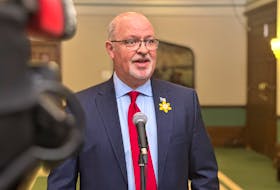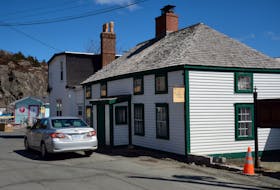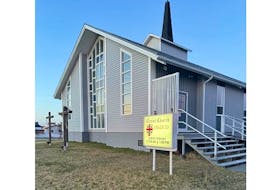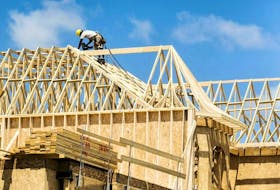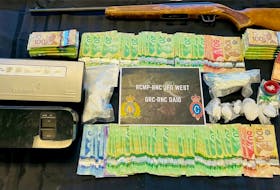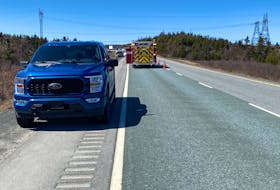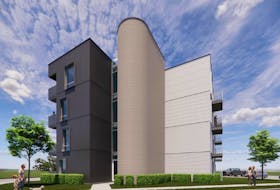As it stands now, until the government updates the law, there’s — arguably — no way to hold a constitutionally valid byelection.
The ruling this week by Justice Gillian Butler related to a long-running legal fight dating all the way back to the 2011 general election.
Tory candidate Clyde Jackman narrowly won the election in the district of Burin-Grand Bank over New Democrat Julie Mitchell.
The case hinged on a unique provision in the N.L. election law that allows voters to cast a special ballot up to four weeks before the writ is dropped, when the election is officially called.
In her ruling, Butler agreed that the system unfairly favours incumbent candidates because they can travel the district and collect votes while still serving as an MHA, before the formal campaign starts.
Butler ruled that the current clause in the law dealing with special balloting violates Section 3 of the Charter of Rights and Freedoms, which guarantees the right to vote.
“This act kind of got rid of the writ of election in that it made it meaningless. I mean, if you’re voting four weeks ahead of a writ of election being dropped, what’s the point of the writ?” said Will Hiscock, the lawyer for Mitchell.
Justice Minister Andrew Parsons said that the court striking the special-balloting part of the election law down as unconstitutional wasn’t exactly shocking.
“Being allowed to vote in an election that has not been called, for candidates that do not exist, seems on its face absurd. So yeah, we know that there’s change needed,” he said.
Parsons also acknowledged special ballots are an important mechanism to encourage voting, albeit not the way Newfoundland and Labrador has been doing it in the past.
He said he hopes the House of Assembly can pass some sort of updated Elections Act provisions in the fall sitting of the legislature.
Hiscock, though, said it could be more complicated than just changing one small section of the law. He said the government may need to look at making election campaigns longer than three weeks, if it is going to give people enough time to cast a special ballot during the formal election period.
“It’s probably going to involve a rewrite that is broader than that particular provision, just because our election law is a complicated piece of machinery with a lot of moving parts. So the chance of being able to change one and have everything else work the way it was intended is probably slim.”
NDP Leader Earle McCurdy applauded Butler’s ruling, and said he hopes the government looks at proportional representation as part of an attempt to update the law.


